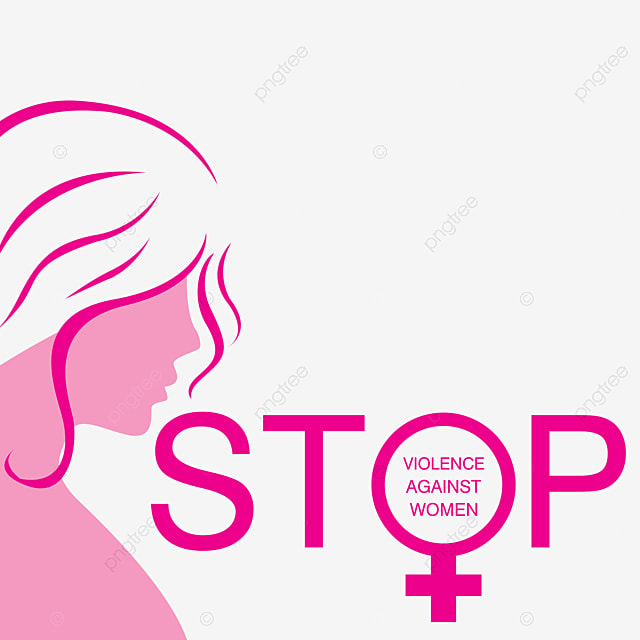Human Rights Committee concerned about women's rights in Armenia
Published on 10 Nov 2021, 03:43 PM
The Human Rights Committee – 133rd Session – October 2021

On the 14th and 15th of October 2021, Armenia has been reviewed for the third time by the Human Rights Committee on the implementation of the ICCPR. The delegation of Armenia has joined the session online from its capital and has started the session by outlining its priority in preventing and combating racism, discrimination and hate speech, as well as underlining its strong support of the universality of human rights.
The Committee welcomed, among others, the adoption of the amendments to the Constitution in 2015 and to the Criminal Code in 2021, the Strategic Plan for the Protection of the Rights of the Child for 2017-2021, the Strategy of Judicial and Legal Reforms for 2019-2023 and its Action Plan for 2019-2020, and the State party’s ratification of the Second Optional Protocol to the Covenant, aiming at the abolition of the death penalty.
Armenia does not have any concrete plans to ratify the Istanbul Convention

After the initial overview presented by Armenia, where the State party had the opportunity to note their most recent accomplishments, the Committee members were given the opportunity to ask the delegation of Armenia questions. One such question was posed by Mr José Manuel Santos Pais, who questioned what measures have been taken to address the issue of violence against women, the low level of reporting and of investigation, prosecuion and conviction of perpetrators of violence against women, and asked whether the ratification of the Istanbul Convention by Armenia is already under way.
The delegation of Armenia responded that they are not in the position to provide any information on the timeline of the ratification of the Istanbul Convention, but have nevertheless added that the ratification issue is listed in the governments agenda and will be fulfilled in the future. The delegation also drew the attention of the Committee to the recent developments in the Council of Europe and the many withdrawls of the ratification of the latter Convention and have stressed that such events have impacted the public opinion in Armenia.
Moreover, regarding the issue on domestic violence against women, Armenia has in its new Criminal Code added a section on violence against women and made sure it covered the whole aspect of internationally recognized perpetrators, so as to not only include registered marriages but also close relatives. In addition it also adopted the Law on the prevention of violence within the family, protection of victims of violence within the family and restoration of peace in the family, created a hotline to lodge complaints and set up a mobile responding system for urgent interventions.
The position of asylum seekers upon the entry into Armenia remains uncertain
The Committee welcomed the efforts of Armenia to continue strenghtening asylum and migrations systems, yet it remained concerned that asylum-seekers continue to be detained for illegal entry and presence in Armenia and that the Criminal Code does not provide sufficient safeguards against refoulement in cases of extradition. In particular, the Committee member Mr Duncan Muhumuza Laki addressed the question to the delegation regarding the illegal entry of aliens into Armenia and has inquired about their treatment.
The delegation, however, responded that pursuant to their Criminal Code illegal crossing of the border does not include asylum seekers and that all foreigners crossing borders without authorization of entry that intend to apply for asylum cannot be held criminally liable. The latter provisions were further ammended in 2021 to be brought in compliance with the Geneva Convention. Yet, Armenia did not provide any concrete information on the detentions of the asylum seekers or any statistics on the granted asylum status.
Recommendations of the Human Rights Committee
Concluding Observations on Armenia's 3rd periodic report were released on November 11 2021. The State party is requested to provide, by 5 November 2023, information on the implementation of the following recommendations:
Participation in public affairs
- Bring electoral regulations and practices into full compliance with the Covenant, including its article 25, inter alia by:
(a) Ensuring that the mandatory disclosure of campaign financing is fully respected to improve transparency and equal conditions for the campaign;
(b) Revising the limitations on the right to stand for presidential and legislative elections, with a view to ensuring their compatibility with the Covenant;
(c) Ensuring full accessibility of polling stations for persons with disabilities.
Here you can find all the recommendations given by the Committee in the Concluding Observations.



